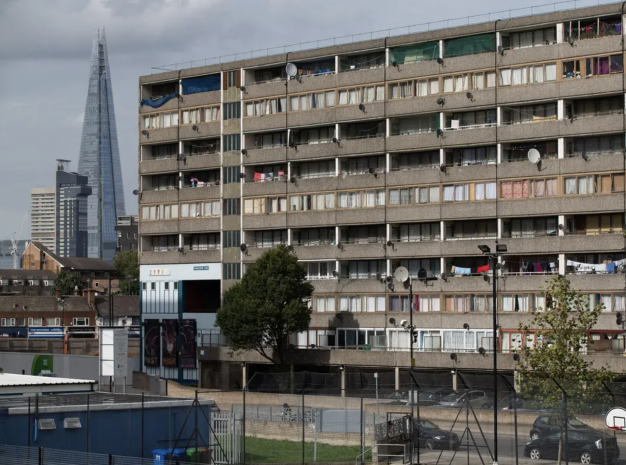
‘Critical’ shortage of affordable homes means thousands of children in England are sharing bedrooms with parents
These are the stark messages in a new report by the National Housing Federation (NHF), which also highlights what it calls ‘grave structural inequalities’ in society, which is also exacerbating problems around physical and mental health & well being.
Families are defined as being overcrowded if more than two children under the age of 10 are sharing a room, two teenagers of different sexes are sharing a room, or two adults (aged 16 years or over), who are not in a relationship, are sharing a room.
The report, based on surveys carried out, reveals the detrimental effects of living in overcrowded conditions, where just under half (41 per cent) of children and teenagers are sharing a bedroom with their parents. In almost half (48 per cent) of overcrowded homes, it is estimated that some 900,000 children are struggling to do their homework because of the lack of space.
The leading cause of overcrowding in England, says the NHF, is a chronic shortage of social housing.
It adds that families already living in social housing are the most likely to be overcrowded as there are no larger social homes available for them to move to and they cannot afford any other type of home.
These make up around half (48 per cent) of all overcrowded families. Families on low incomes who cannot access a social home are forced to rent privately, where rents can be more than double that of social housing, meaning many cannot afford a suitable sized home. A third (33 per cent) of overcrowded families live in private rented homes.
Kate Henderson, Chief Executive at the National Housing Federation said: “Our homes are meant to be places of comfort, safety and security. For children growing up in overcrowded homes they instead become chaotic and stressful environments with little personal space or privacy. This can have a devastating impact on a child’s self-esteem, wellbeing, and future life changes, as well as affecting family relationships and making it harder for parents to nurture their child’s growth.
“Every child deserves the right to have a home that is suitable for their needs and allows them to grow as individuals. Overcrowding is a direct result of our broken housing system, caused by underfunding by successive governments and a failure to prioritise building new homes for people on low incomes. As a country, we are failing these families and these children and this must stop. We need an urgent, long term, national plan aimed at drastically increasing the number of affordable and social homes across England.”
The Government’s Affordable Homes Programme, unveiled in 2021, aims to deliver up to 180,000 new homes by 2026. At least half of these will be homes with discounted rent, including affordable rent and social rent in areas of what it calls ‘high affordability challenge’.




